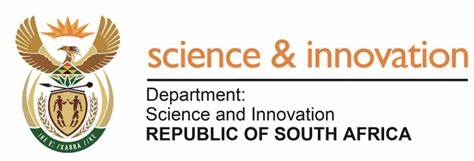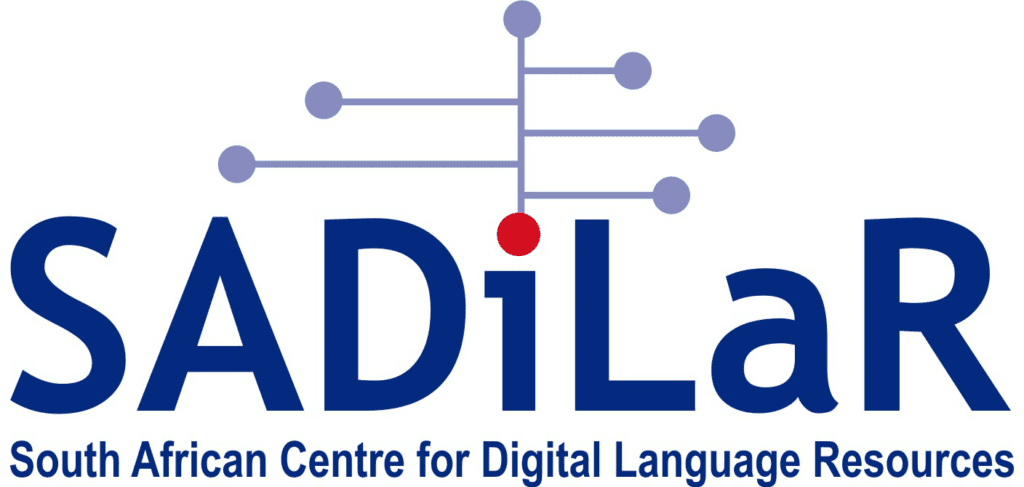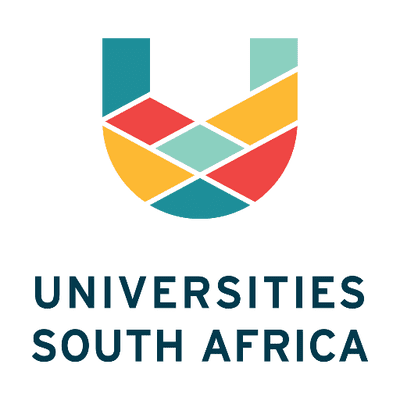The Universities South Africa (USAf), through its Community of Practice for the Teaching and Learning of African Languages (CoPAL), is working with universities towards the implementation of the DHET’s New Language Policy Framework for Public Higher Education Institutions.
The importance of promoting multilingualism and situating African languages at the centre of the academy to drive the sector priorities of institutional transformation, epistemic access and student success formed the founding ideals of the Vice-Chancellors Colloquium.
One of the central outcomes of the inaugural VC Colloquium was for SADiLaR, a strategic national Research Infrastructure under the South African Research Infrastructure Roadmap (SARIR), to conduct a comprehensive language resources audit across all the public universities. The language resources audit will inter alia access the resources the universities require to implement the new framework.
Process to date
USAf, organised the first, in a three-part series, of the Vice-Chancellors Colloquia to discuss the new Language Policy Framework for Public Higher Education Institutions.
The aim is to improve student access and success through the decolonisation of the curriculum in our higher education institutions.
This event was hosted by Stellenbosch University and the USAf COPAL on 28- 29 September 2021.
Objectives of the audit
Define resources:
Define the range of resources that are required for the implementation of a language policy framework.
Identify resources:
Identify resources that are available in your institution to enable the implementation of a language policy framework.
Identify milestones:
Identify milestones in the successful implementation of your institutional language policy.
This Language Resource Audit was further endorsed by the USAf Board (Vice-Chancellors) at its meeting on 14 June 2022.
Audit timeline
The audit is scheduled to run from July 2022 to July 2023.
Audit Schedule
Please note this schedule is still in draft and is subject to change. Please check this page regularly to see when the audit will take place at your institution.
- Completed: University of Mpumalanga (UMP) – 4 November 2022
- Completed: Vaal University of Technology (VUT) – 22 November 2022
- Completed: University of South Africa (UNISA) – 28 November 2022
- Completed: Tshwane University of Technology (TUT) – 16 February 2023
- Completed: University of Johannesburg (UJ) – 3 March 2023
- Completed: Cape Peninsula University of Technology (CPUT) – 3 March 2023
- Completed: University of Stellenbosch (SU) – 6 March 2023
- Completed: Central University of Technology (CUT) – 12 April 2023
- Completed: Sol Platjie University (SPU) – 21 April 2023
- Completed: University of the Witwatersrand (WITS) – 9 May 2023
- Completed: Rhodes University (RU) – 15 May 2023
- Completed: University of Western Cape (UWC) – 16 May 2023
- Completed: Nelson Mandela University (NMU) – 17 May 2023
- Completed: University of Free State (UFS) – 2 June 2023
- Completed: Walter Sisulu University (WSU) – 20 June 2023
- Completed: University of Fort Hare (UFH) – 22 June 2023
- Completed: University of Limpopo (UL) – 11 July 2023
- Completed: University of Zululand (UniZulu) – 17 July 2023
- Completed: University of KwaZulu Natal (UKZN) – 24 July 2023
- Completed: University of Pretoria (UP) – 25 July 2023
- Completed: North-West University (NWU) – 27 July 2023
- Completed: University of Cape Town (UCT) – 31 July 2023
- Completed: University of Venda (UniVen) – 10 August 2023
- Completed: Durban University of Technology (DUT) – 11 August 2023
Kindly direct any enquiries to the SADiLaR team at languageaudit@sadilar.org
Ethical Considerations USAf Supported Language Resource Audit
At the USAf Board meeting of 14 June 2022, the Vice-Chancellors of Universities of South Africa endorsed the Language Resource Audit.
The aims of the audit are to:
- Define resources i.e. define the range of resources that are required for the implementation of a language policy framework.
- Identify resources i.e. identify resources that are available in your institution to enable the implementation of a language policy framework.
- Identify milestones i.e. identify milestones in the successful implementation of your institutional language policy.
It has been confirmed with USAf that separate ethical clearance will therefore not be sought given that the commissioning, data collection and final reporting will be done in line with what was endorsed and requested by the USAf board which consists of the Vice-Chancellors of the Universities of South Africa.
What the audit will entail in a nutshell:
- Two questionnaires were designed and will be administered at all institutions. The first is aimed at students, and the second is aimed at staff/management members.
- These questionnaires are based on the USAf directive and endorsement, principles underlying qualitative and quantitative research design, the use of surveys as research instruments, and inputs from subject experts both locally and internationally.
- The questionnaires contain both restricted (typical Likert scale) and open-ended questions. There are differences in focus between the two questionnaires. There is also a repetition of questions to ascertain whether both students and staff/management have the same understanding and awareness of language resources at a particular institution.
- For quantitative data analyses frequencies will be counted, histograms and tables presented and statistical measures for different aspects.
- For qualitative data analyses, which will entail in-person discussion during site visits, the principles of attribute and magnitude coding will be followed. To this end method issues will be considered (hermeneutic approach for content analysis), technology issues will be considered (code books, frequencies and code quotes), and project design issues will be considered (consistency of coding team members, the codebook editor, and reporting).
- Principles of ethical research practice will be adhered to – participation is voluntary, and nobody will be disadvantaged by contributing to the research.
Language Audit Sponsors and Collaborators




